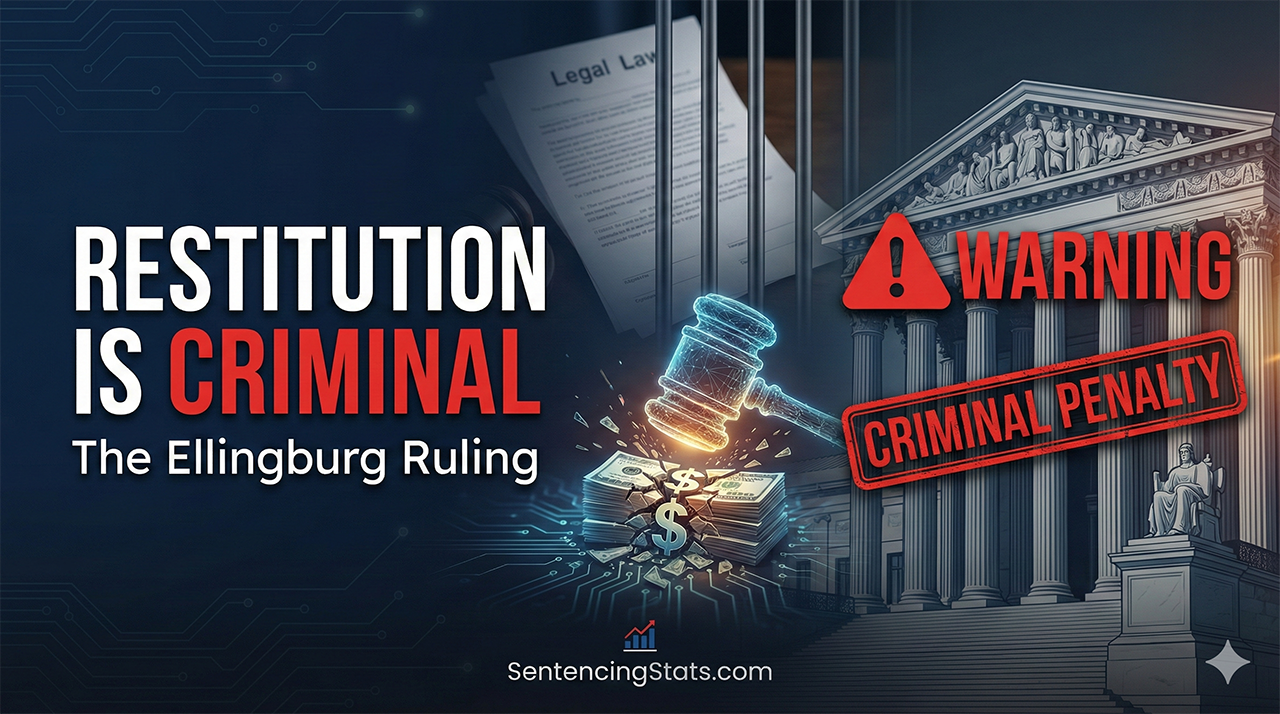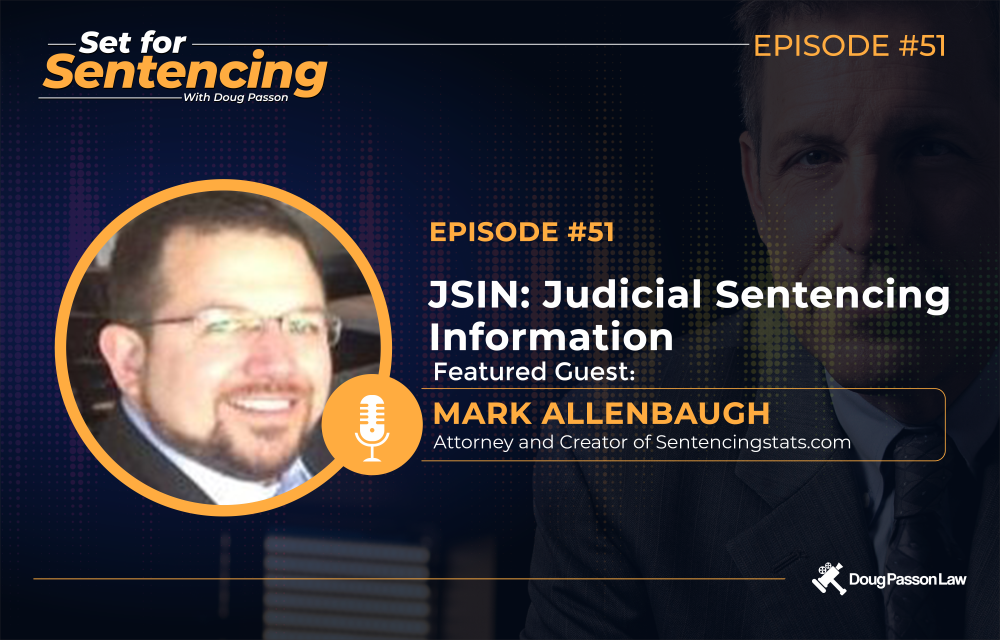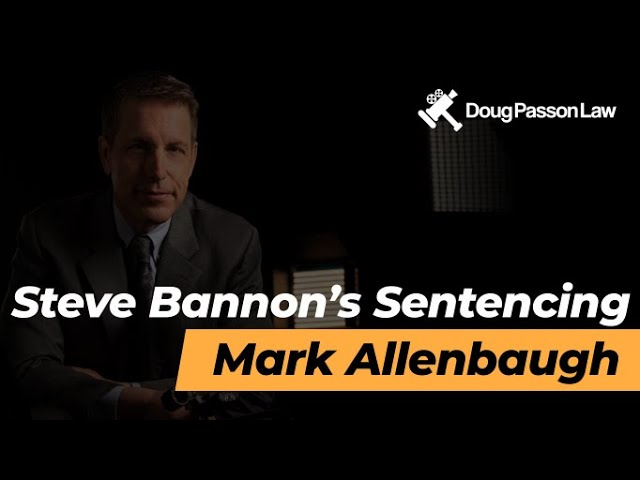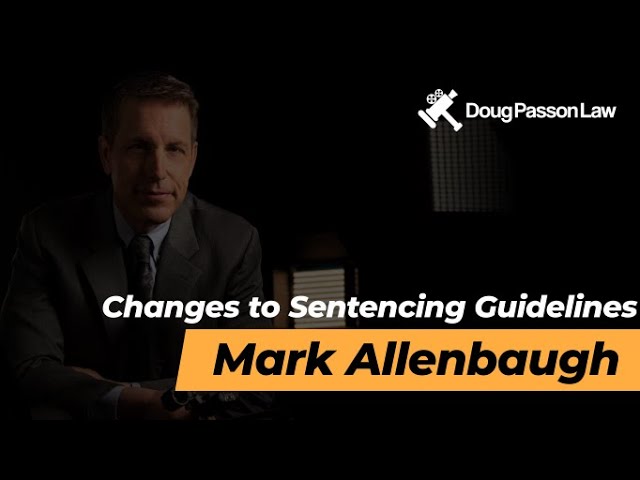In a unanimous decision on January 20, 2026, the Supreme Court fundamentally altered the landscape of federal sentencing. By ruling in Ellingburg v. U.S. that restitution is “plainly criminal punishment,” the Court has opened the door to significant due process challenges. In this article, originally published in Law360, we explore why the “Wild West” of restitution is over and how defense counsel can use this ruling to demand jury findings and stricter evidentiary standards.
Challenging Restitution Orders After Supreme Court Decision








